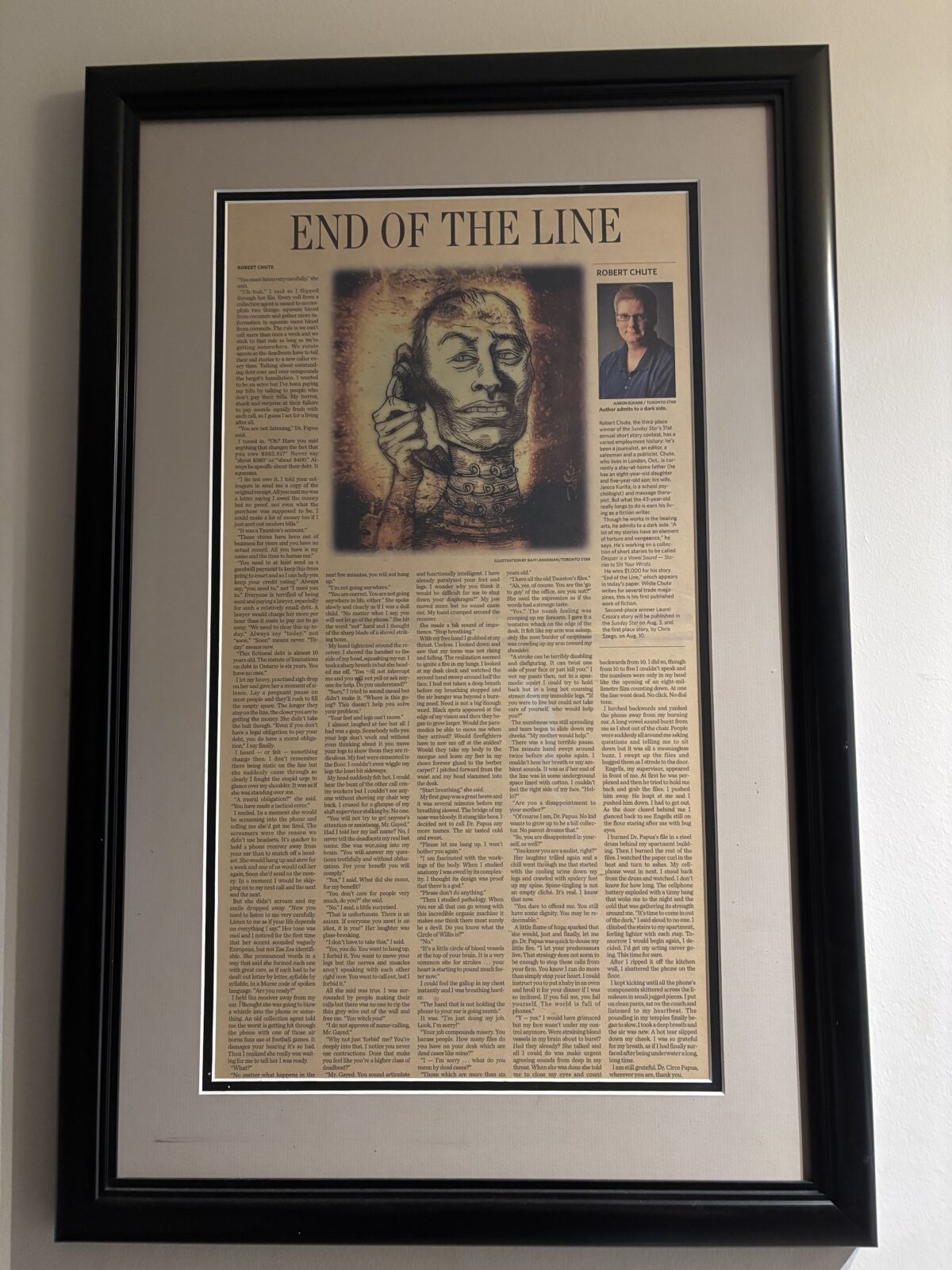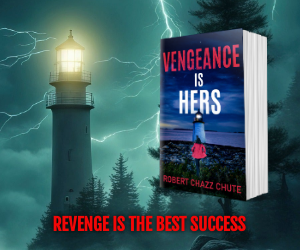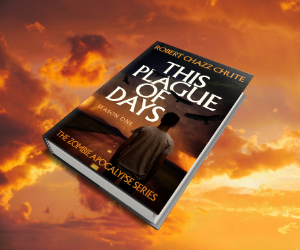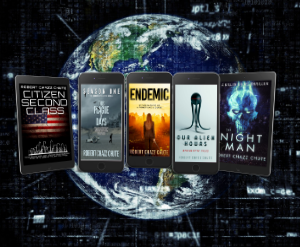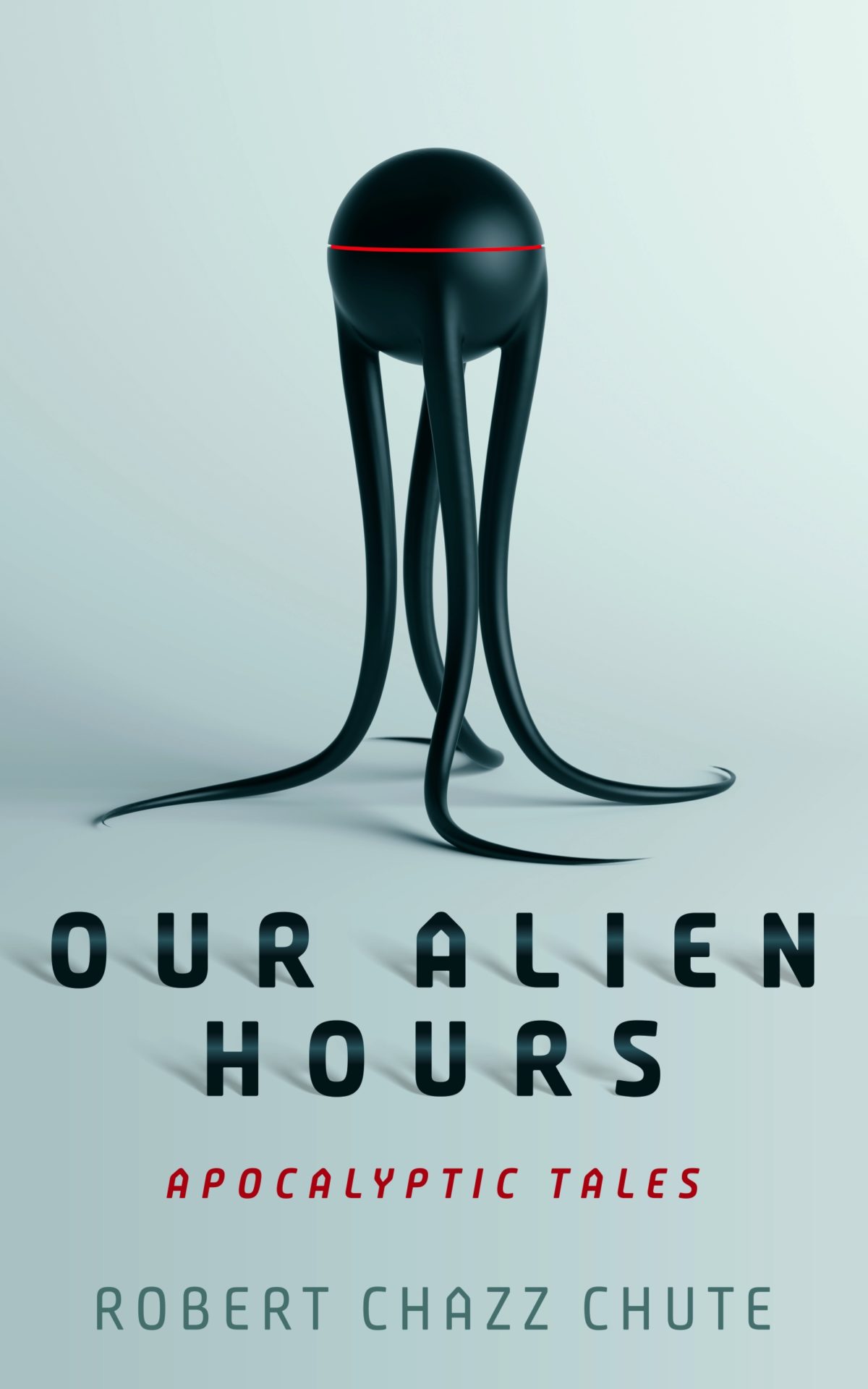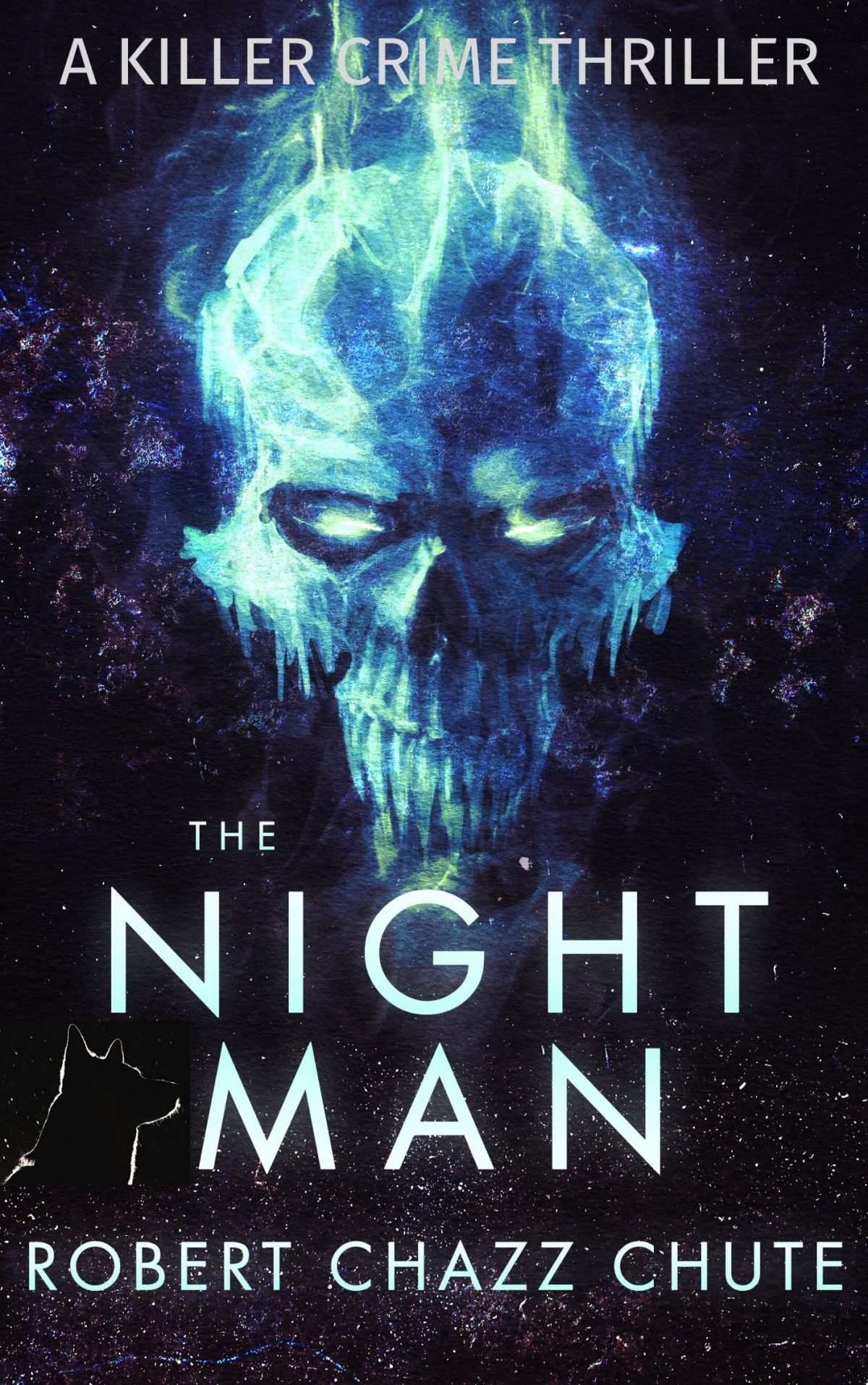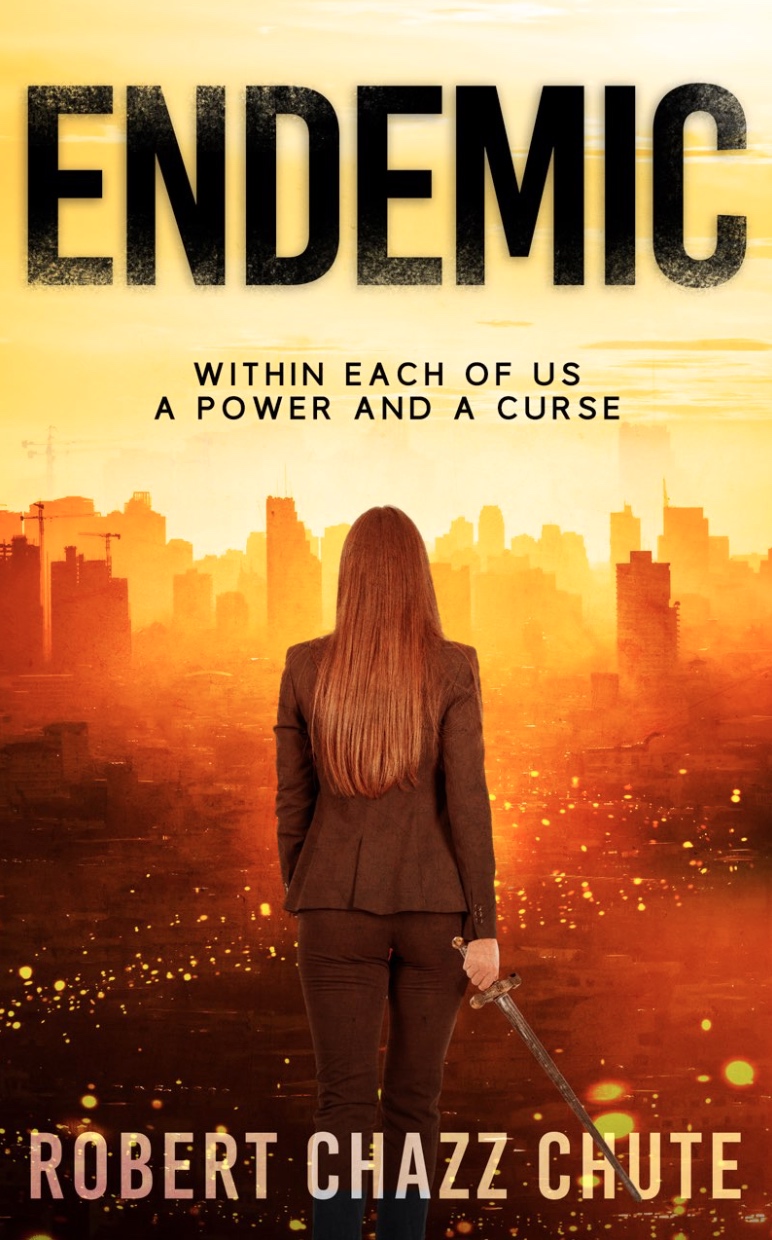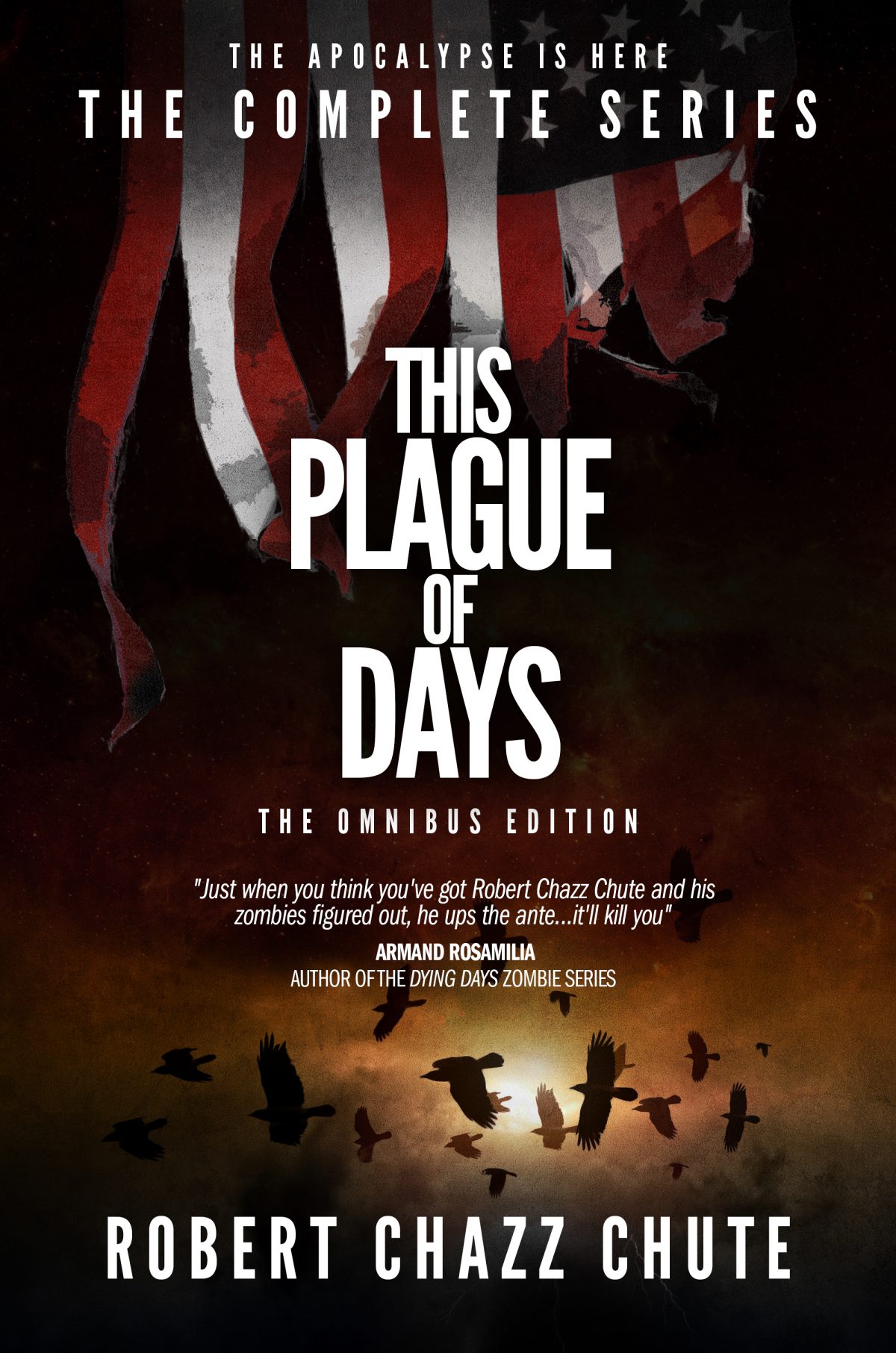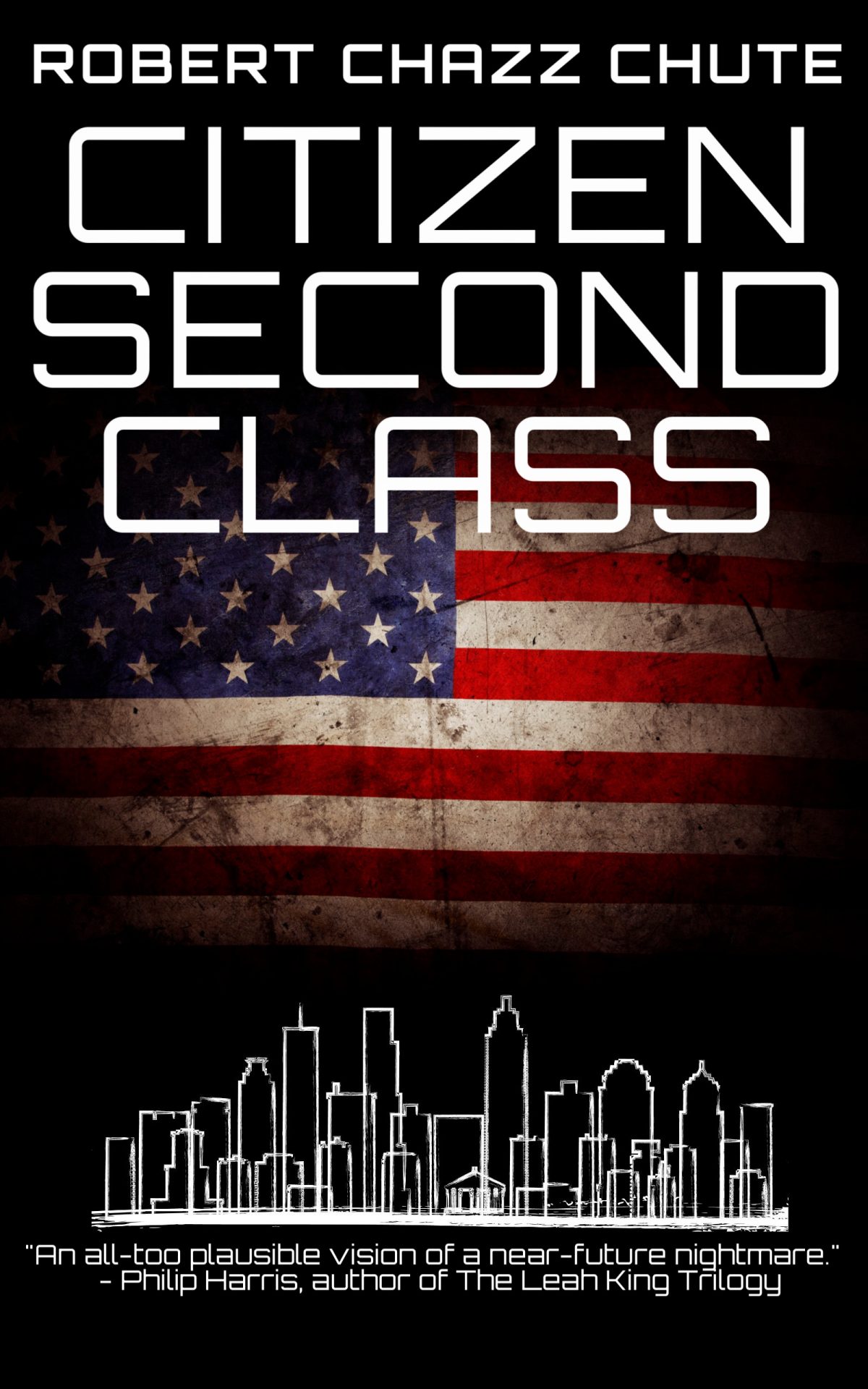If you’ve ever wondered about the writing and publishing process, I have answers. Vengeance Is Hers took longer than usual due to variables beyond my control. Creating Bigger Than Jesus took three months, from conception to publication. The trilogy of This Plague of Days took a little more than three years. At my fastest pace, I published four books in one year. The writing process for my next thriller was a mess, but in the end, it’s going to make a big happy splash.
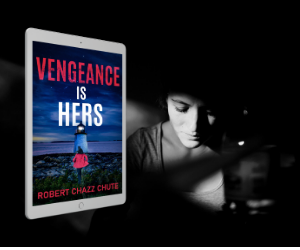
Round One is back from the editor and the prime beta reader!
Now things start to speed up for Vengeance Is Hers! From the top, this is how we do it:
- My official start for this novel was August 15, 2022.
- I wrote the first draft, backed up halfway through, switched from first-person narration to third.
- I endured two hip replacements in 2023, got distracted by a lot of pain and rehab, and relearned how to walk.
- Wrote 120,000 words, and rethought the story arc. Clenched teeth in frustration.
- Keeping most of the story in one small town in Maine, I had to cut 50,000 words. This was originally going to be about making a movement of female vigilantes. Some of what I wrote in the original draft may be used for a sequel. To make this a better book, I had to sacrifice a lot of words and time. I went back to rework the concept.
- Second draft. A lot of back and forth here as I went deeper. The word count climbed back up to 105,000 words.
- Hip pain receded almost entirely. Back to my old self, I have more energy to deal with this project.
- Found words with the “-ion” suffix for every chapter title.
- Third draft: filled in plot holes and found more jokes and clever turns of phrase.
- Listened to most of it. Reread all of it. Cut the long chapters in half so most chapters are no more than 1,200 words. (For a fast pace, I like short, fast chapters so readers feel like they’re burning through the book).
- Added tweaks, usually fleshing out something vague, adding a joke, or turning up the dialogue to eleven.
- Woke up in the night, continually plagued by little tweaks to make the story better.
- Word count climbed back up to 113,349.
- When I can’t look at it anymore, it’s ready for more eyes on the prize. Prime beta reader begins.
- The manuscript is shared to two more beta readers for comments.
- Google Drive alters corrections I’ve already made! Frustration ensues.
- Editrix Extraordinaire Gari Strawn begins her first round of editing. She downloads it off Google Drive so we won’t get new errors introduced to the manuscript.
- I review all editing suggestions from beta readers and my editor, making all necessary changes. That’s the step I’m at today.
- Gari will dig through the manuscript for Vengeance Is Hers for two more rounds.
- When she’s done, and I finish final revisions, we’ll lock it in.
- Then it’s back to the designers about the details of the paperback and hardcover.


